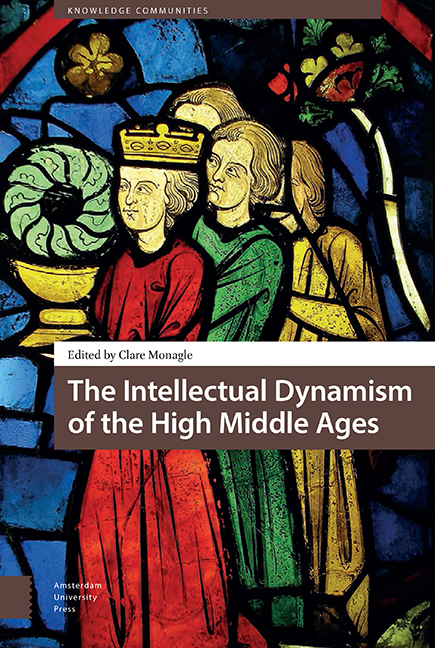Book contents
9 - Food for the Journey: The Thirteenth-Century French Version of Guiard of Laon's Sermon on the Twelve Fruits of the Eucharist
Published online by Cambridge University Press: 16 July 2022
Summary
Abstract
The one surviving French sermon on the Eucharist of Guiard of Laon, bishop of Cambrai (1238-1247) and supporter of the movement to establish the feast of Corpus Christi, was long thought to be the record of vernacular preaching by the bishop, until the discovery of a Latin original prompted a reassessment. Using all available manuscript evidence, and carefully comparing the Latin and French sermons, I position the French sermon as a work of vernacular theology created during Guiard's episcopate, infused with the spirituality of Eucharistic devotion that culminated in the Corpus Christi movement. It was well received by an elite lay audience, continuing to circulate in collections of devotional texts for the next two centuries.
Keywords: Eucharist, Vernacular Theology, Sermon
Among the theorists of the Eucharist in the twelfth and thirteenth centuries, Guiard of Laon is overshadowed by his more famous contemporaries Thomas Aquinas and Bonaventure. Few histories of the development of the sacrament mention him, and he appears as a minor figure in histories of scholastic theology. Nonetheless, the evidence assembled by his modern biographer, Peter Boeren, suggests that among his contemporaries he had a reputation as an expert on the Eucharist. Recent scholarship knows him best as a supporter of the movement to establish the feast of Corpus Christi. He was among the experts consulted by Juliana of Mont Cornillon, the holy woman whose inspiration lay behind the feast, and seems to have been favorable to it himself.
Guiard's contemporaries also celebrated him as a preacher; over 400 sermons are attributed to him in Schneyer's Repertorium, most of which are preserved in university sermon collections. Apart from a handful of quaestiones, these sermons constitute the written record of his work. Arguably, though, his most successful sermon was one which did not find its way into those collections, and which circulated mainly in French, Dutch, and German translations. The thirteenth-century French version was particularly successful: eleven copies have now been identified, three of which date from the thirteenth century and a further six from 1300 to 1317. There are also two later translations into French. One is embedded in Robert the Carthusian's Le Chastel perilleux, written in the fourteenth century for his cousin Rose, a nun at Fontevrault. The other is found in a late-fifteenth-century manuscript of the Chastel, and is different from both Robert's version and the earlier one.
- Type
- Chapter
- Information
- The Intellectual Dynamism of the High Middle Ages , pp. 193 - 212Publisher: Amsterdam University PressPrint publication year: 2021

